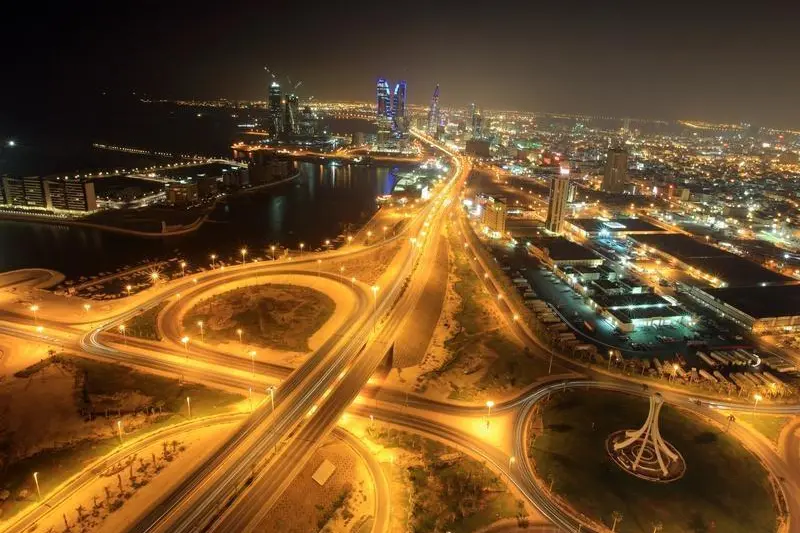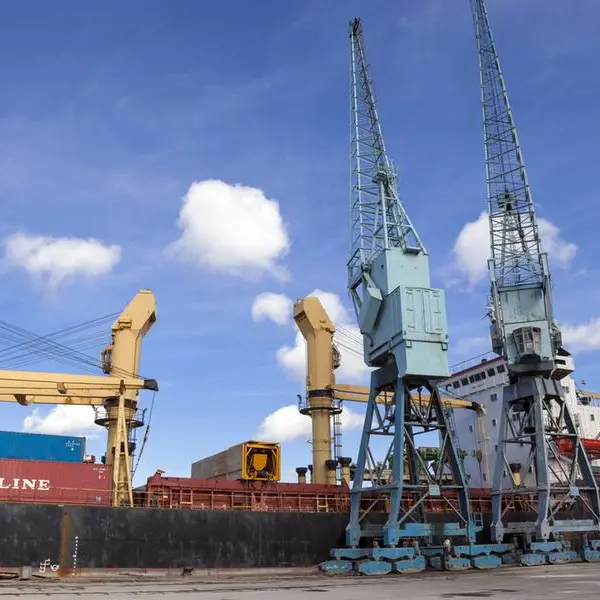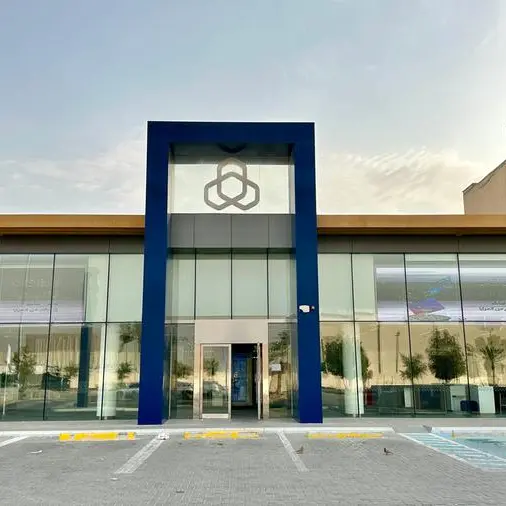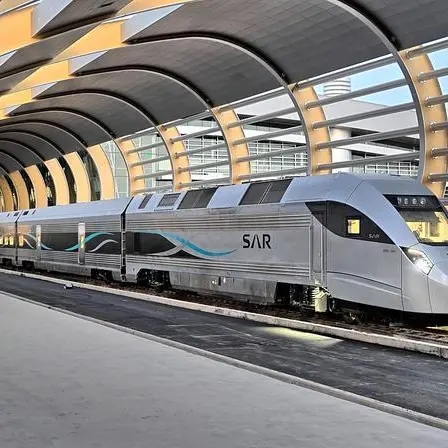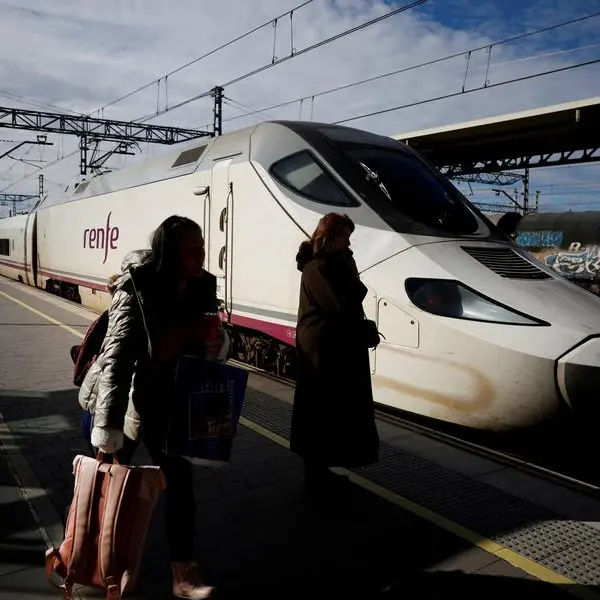PHOTO
Bahrain - An overcrowded arterial highway covering two governorates in Bahrain is set for a massive revamp of at least BD10 million, it has been revealed.
The National Charter Highway, starting from the Isa Town Gate junction and stretching to the Alba flyover in Nuwaidrat, has been experiencing increasing traffic congestion in recent years.
The Southern Municipal Council meeting yesterday heard that despite being designed to handle a significant number of vehicles, congestion and delays have become a daily reality for commuters on the eight-kilometre highway.
Councillors were also told that this traffic burden has led to an alarming rise in road violations as frustrated drivers often seek shortcuts or reckless solutions to save time.
To address these challenges, the council has unanimously approved a proposed comprehensive revamp plan that includes road expansions, the addition of new lanes and free-flow systems to ease traffic flow and restore order.
Accommodate
The overhaul aims to not only accommodate the current volume of traffic but also prepare the highway for future demands.
“The primary issue with the National Charter Highway lies not in its overall capacity but in its inability to efficiently handle peak traffic loads,” said council chairman Abdulla Abdullatif.
“The highway has sufficient capacity for vehicles, yet congestion forms due to inadequate flow management, especially during rush hours,” he explained.
“As cars queue up and bottlenecks form, drivers increasingly flout traffic rules. Lane-switching, speeding and even driving on shoulders have become common as motorists attempt to escape the gridlock.
“These violations not only pose risks to public safety but also further exacerbate congestion, creating a vicious cycle that needs urgent attention.”
According to Mr Abdullatif, to combat these issues a major component of the highway’s revamp covering the Southern and Capital Governorates would include the expansion of its lanes.
“New lanes should be added to sections of the road where congestion is most severe, allowing traffic to spread out and reducing bottlenecks,” he said.
“By increasing the highway’s lane capacity, the project will ensure that more vehicles can be accommodated without overcrowding, which should result in smoother, safer driving conditions.
“These expansions are particularly crucial at key intersections and entry/exit points, which are often the most congested areas and with additional lanes and re-engineered access points, vehicles will be able to merge and exit the highway more efficiently, reducing stop-and-go traffic that leads to slowdowns and frustration.”
He added that in the long run, the expansions will prepare the highway for continued population growth and increased vehicle use, making it a sustainable solution for the foreseeable future.
“The government will get this highway as top road project for inclusion in the 2025-2026 national state budget and we believe that the first phase will cost BD10m that’s excluding new flyovers similar to those on Al Fateh Highway or as underpass such as the A’ali-Buri one,” said Mr Abdullatif.
“The revamp project will also focus on introducing free-flow traffic systems to enhance the highway’s efficiency.
“Free-flow traffic design eliminates traffic lights and stop signs in favour of uninterrupted movement, utilising overpasses, underpasses, and smart traffic technology to keep vehicles moving smoothly.
“These systems help maintain a constant flow of traffic, reducing the need for drivers to brake and accelerate suddenly, which often causes accidents and delays.”
He added that with a free-flow system, the highway will be able to accommodate a higher number of vehicles moving at consistent speeds, reducing the frustration that often leads to reckless driving.
“Moreover, by eliminating chokepoints that cause slowdowns, the risk of traffic jams will be minimised, allowing for a more predictable and reliable commute for drivers.”
Mr Abdullatif said as part of the revamp, authorities should also focus on better traffic management and stricter law enforcement.
“Intelligent traffic systems will be introduced to monitor traffic in real time, allowing for quicker response times to accidents or breakdowns that may disrupt the flow,” he said.
“Moreover, enhanced law enforcement measures will be implemented to reduce traffic violations. This could include more surveillance cameras, increased fines for violators, and better public awareness campaigns about the importance of following road rules.
“By encouraging safer driving behaviour and maintaining smoother traffic, the revamp aims to restore order to the highway and make it safer for all users.
“The combination of infrastructure improvements and stricter enforcement will create a more harmonious driving experience and reduce the frustrations that lead to traffic rule violations.”
Meanwhile, the council’s financial, administrative and legislative committee chairman Mohammed Daraj, representing Southern Governorate constituency four (Hejayat, parts of East Riffa, Howarat Sanad and Nuwaidrat), said BD500,000 has been allocated by the Works Ministry to resolve the issue with the side-road of the highway doubling original capacity from 800 vehicles per hour to 1,600 from the actual flow of 1,400.
“There is only one lane taking people to Riffa on the right and Ma’ameer in the left from under the flyover on the highway, which sees a huge bottleneck on a daily basis,” he said.
Copyright 2022 Al Hilal Publishing and Marketing Group Provided by SyndiGate Media Inc. (Syndigate.info).
